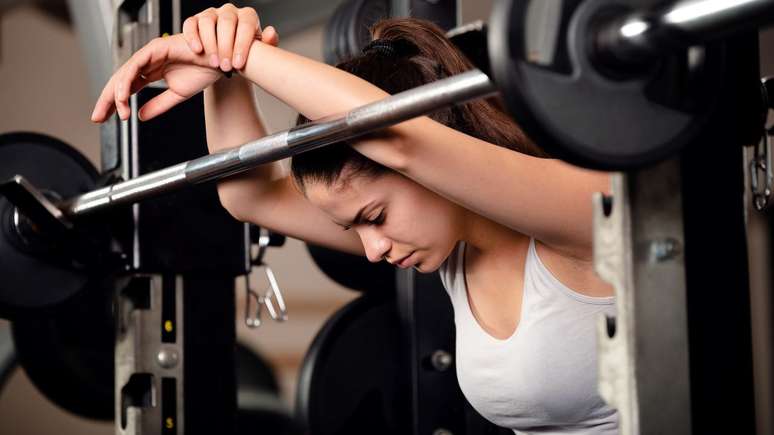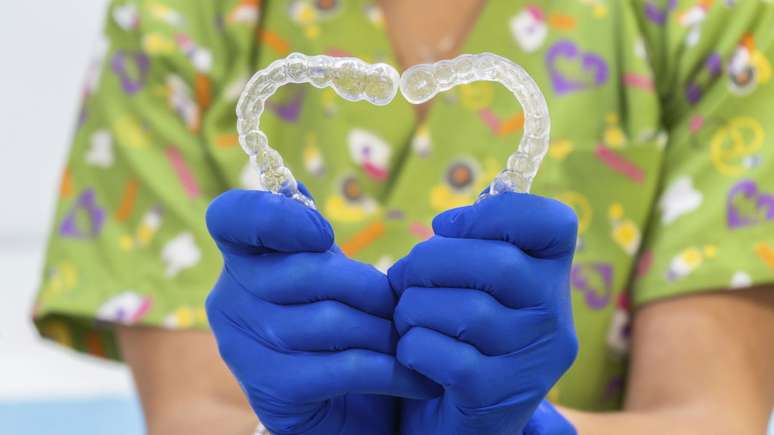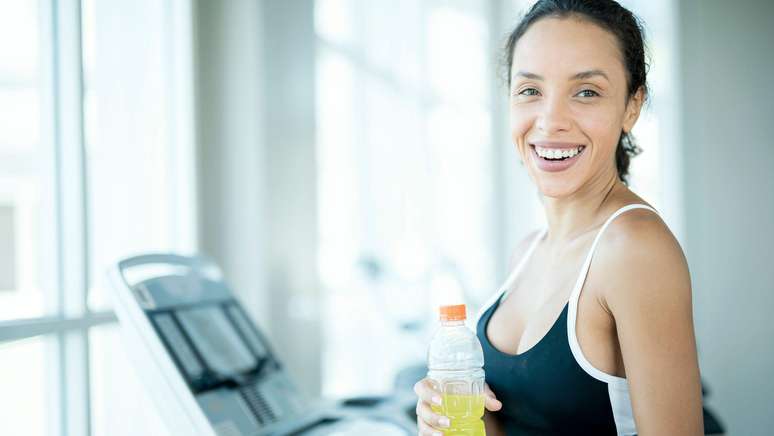Did you drink too much on New Year’s Eve? Find out if physical activity can help reduce the unpleasant symptoms of a hangover
After overindulging in alcohol consumption, some people may experience hangover symptoms. But to alleviate this discomfort, the personal trainer from the Nutrindo Ideales team, Matheus Vianna, recommends these people Avoid practice physical exercises in this period.
The ideal is to focus on hydration and a healthy diet to ensure good recovery. “If after the first 24 hours you are still not quite ready, the advice is to start with light training until you feel comfortable returning to the routine,” she emphasizes.
According to Matheus, the presence of alcohol in the body during physical activity can cause the following effects:
- Neurological effects, such as impaired motor coordination;
- Improve carbohydrate burning;
- Causes dehydration;
- Compromise protein synthesis;
- Affects immune function;
- Worsening of cardiovascular, metabolic and nutritional activity, interfering directly or indirectly with muscle performance and recovery.
“Hangovers appear on average 6 to 8 hours after excessive alcohol consumption and can last up to 24 hours. Therefore, this would be the ideal period of time without engaging in physical activities that require good physical conditioning,” he explains .
The expert emphasizes that the recovery process is fundamental to performance and this includes adequate glycogen replenishment, protein synthesis, electrolyte restoration and body hydration.
So what do we do?
OR personal trainer explains that there are some exercises that help relieve a hangover, such as stretching – performed 3 sets of 1 minute – or light walks lasting 30-40 minutes. Additionally, it is important to avoid drinking alcoholic beverages during recovery.
“The consumption of alcoholic beverages increases the production of pro-inflammatory molecules and decreases anti-inflammatory ones, altering the balance of inflammatory processes and the body’s physiological response. The sum of these events can cause injuries with reduced inflammatory responses, prolonging recovery times recovery”, he concludes.
Source: Terra
Ben Stock is a lifestyle journalist and author at Gossipify. He writes about topics such as health, wellness, travel, food and home decor. He provides practical advice and inspiration to improve well-being, keeps readers up to date with latest lifestyle news and trends, known for his engaging writing style, in-depth analysis and unique perspectives.





![Un Si Grand Soleil preview: Monday, November 3, 2025 episode recap [SPOILERS] Un Si Grand Soleil preview: Monday, November 3, 2025 episode recap [SPOILERS]](https://fr.web.img3.acsta.net/img/17/57/1757f0d448751fda890a362e1b46194e.jpg)


